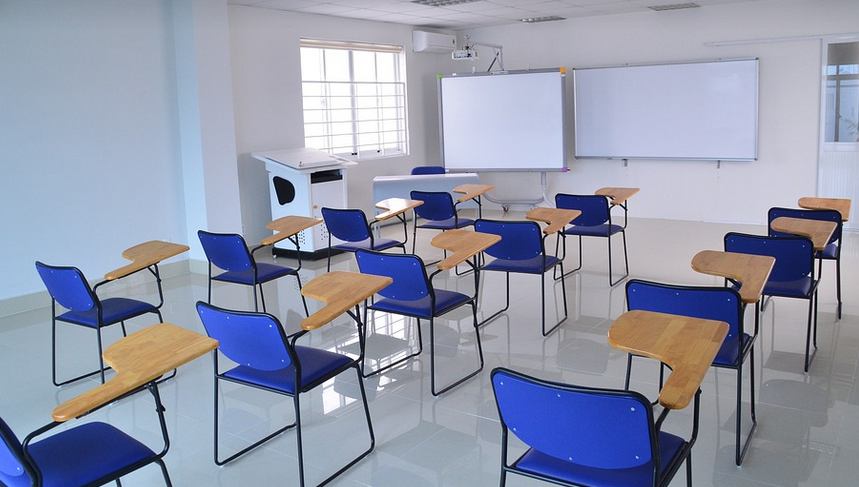
What Makes a Child Thrive? A Deep Dive into Early Childhood Education Theories
Early childhood is a period overflowing with discovery, learning, and growth. It’s a time when children are curious sponges, absorbing information and developing essential skills that will shape their future. This makes the philosophy of early childhood education so critical – it acts as a roadmap for teachers and parents alike, guiding how we nurture these young minds and empower them to reach their full potential. Understanding the philosophy behind early childhood education isn’t just about choosing the right curriculum; it’s about comprehending the core values that shape our approach to learning in this crucial stage of life. It’s about understanding what we believe about children, what motivates their growth, and how best to support them from a young age. Early childhood is considered a “developmental period” – a time when the foundation for future skills and knowledge is laid. Imagine it as a building, with each year of early childhood representing a new floor being built. As these years progress, children build their cognitive abilities, social-emotional intelligence, language development, and self-regulation skills, laying the groundwork for learning in all other areas of life. Think back to your own childhood – those moments of pure joy when you were building something with Lego or creating a magnificent mud castle in the backyard. You were exploring, experimenting, asking “why” and “how,” fostering creativity and problem-solving skills that will stay with you throughout your life. **The Importance of Play:** One cornerstone of any strong early childhood education philosophy is play. Play isn’t just a frivolous activity; it’s essential for development. It allows children to explore their world, learn through trial and error, develop social skills, practice language, and build creativity all while having fun. Think about it: what child wouldn’t love to spend hours building imaginary worlds with blocks or pretending to be pirates on the highest deck of a cardboard ship? Play encourages imagination, critical thinking, problem-solving, and collaboration. As children engage in imaginative and creative play, they are not just having fun; they’re also developing essential skills that will serve them well throughout their lives. **The Power of Relationships:** Another key element in the philosophy of early childhood education is strong relationships between children and adults. Think about how your own relationship with your parents or teachers shaped your life in those critical early years. A supportive environment where children feel safe, loved, and encouraged to explore will foster their emotional and social development. When children feel connected with their caregivers, they are more likely to be confident, resilient, and eager to learn. Positive relationships also allow for open communication, which plays a crucial role in addressing any challenges a child may face. **Nurturing Confidence:** Confidence is key for young learners. It’s about fostering a safe space where children can try new things, make mistakes, and learn from them without fear of judgment. Early childhood education should build children’s self-assurance through encouragement and support. Instead of simply being corrected or disciplined, allow children to explore their potential and develop their talents at their own pace. Building confidence allows children to embrace challenges and step outside of their comfort zones, helping them to grow into confident individuals prepared for the world ahead. **Exploring Diverse Perspectives:** Early childhood education should celebrate diversity in all its forms—cultural backgrounds, learning styles, and differences. Exposure to multiple perspectives helps children understand a wider range of experiences, build empathy for others, and develop their ability to think critically and see the world from different angles. This understanding fosters inclusivity, tolerance, and respect for others. It’s about creating an environment where all voices are heard and valued. **Preparing for Tomorrow:** At this young age, learning doesn’t just happen in a classroom setting. The early years of life offer a unique opportunity to lay the foundation for lifelong learning – cultivating curiosity, creativity, resilience, and problem-solving skills that will serve them long after their formal education. This kind of holistic approach to early childhood education helps children build strong foundations for academic success, social-emotional well-being, and a thriving future. It’s about teaching kids to think critically, solve problems independently, and make informed decisions while fostering their individuality and potential across all areas of life. **Early Childhood Education: A Holistic Investment:** Investing in early childhood education is an investment in the future – not just for children but for society as a whole. It helps build a stronger workforce, reduces educational inequalities, and creates a more equitable and peaceful world. The earlier we invest in young minds, the greater the impact on individuals’ lives and our collective future.
Remember, early childhood is a time of immense growth and development, and this period deserves special focus and attention. By embracing the principles of good early childhood education, we lay the groundwork for happy, healthy, and successful children who can go out into the world equipped to face challenges with confidence and creativity.





